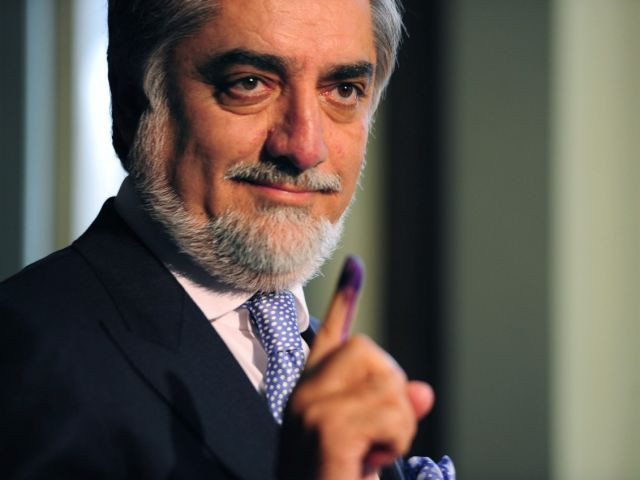Halting of peace talks causes uncertainties
Hizb-e-Islami blames Dr Abdullah for deadlock in peace deal with govt

Hizb-e-Islami blames Dr Abdullah for deadlock in peace deal with govt. PHOTO: FILE
Afghanistan President Ashraf Ghani’s spokesperson, Haroon Chakhansuri, told Associated Press that has “no plans to revive the peace process” aimed at bringing the Taliban to the negotiating table.
Chakhansuri’s statement would be considered an attempt to discredit the Quadrilateral Coordination Group (QCG), comprising Afghanistan, Pakistan, China and the United States.
With this policy now, Kabul and the Taliban have almost same approach – to continue war as Taliban had refused to take part in talks under the QCG earlier in March.
Affecting locals
However, the tragedy is that such policies and the continuing war make locals suffer, not the top civil and military leaders, who live in highly secure buildings and are confined only to their offices and houses.
The deteriorating security situation and lack of economic opportunity has resulted in young people wanting to leave the country – many are seen in queues outside the passport office in Kabul.
Although Ghani uses almost every opportunity to urge the youth — who have fled the country or are planning to leave — to stay and serve the country, his appeals go unheard.
Obstacles to negotiations
In a latest development, Gulbuddin Hekmatyar’s Hizb-e-Islami Afghanistan (HIA) blamed Abdullah for the deadlock in a peace deal with the Afghan government.
The HIA’s official newspaper Shahadat states Abdullah has attached conditions at a time when the two sides had agreed on a draft agreement.
“Abdullah wants HIA to accept the US-Kabul security pact and John Kerry’s power-sharing formula,” the newspaper read. “He also said HIA will not get any share in the government.”
HIA has also accused former US ambassador to Afghanistan, Zalmay Khalilzad, of creating obstacles for its peace negotiations with the government.
The HIA leaders say Khalilzad rushed tkao Kabul when representatives of HIA and the Afghan government were close to finalising a peace deal. They argue Khalilzad provoked some anti-Hizb elements in Afghanistan against the possible deal.
The Afghan leaders, particularly Ghani, should come up with a clear stance as to who has created the obstacles.
With arms or talks?
The policy statement by Ghani’s spokesperson on an end to talks with the Taliban came just days after US President Barack Obama announced to maintain approximately 8,400 troops in Afghanistan in 2017, which means the focus of US and its Nato allies will remain on fighting the Taliban instead of pursuing political process.
Some would believe Obama’s decision may have encouraged the Kabul administration to publicly refuse the peace process as they will be having nearly 15,000 foreign troops, along with the American airpower, to fight the Taliban.
Earlier in June, in a broken promise, Obama expanded the mandate of American troops to target the Taliban and accompany their Afghan counterparts, although in 2014, Obama had announced to end the longest American war in its history.
Gearing up
US Secretary for Defence Ash Carter landed in Kabul this week during which he formally granted new powers to the top US commander, General Nicholson.
Carter told the troops at Bagram Airfield Obama’s decision will ensure “the Afghan forces have success next year based upon our experience in the last fighting season and up to this time in this fighting season,” according to the Pentagon website.
In response to Carter’s assertions, a Taliban person said, “American leaders should accept the realities instead of giving empty talks.” He added, “End the occupation and save yourselves from international shame through use of reason and logic.”
Published in The Express Tribune, July 16th, 2016.



















COMMENTS
Comments are moderated and generally will be posted if they are on-topic and not abusive.
For more information, please see our Comments FAQ